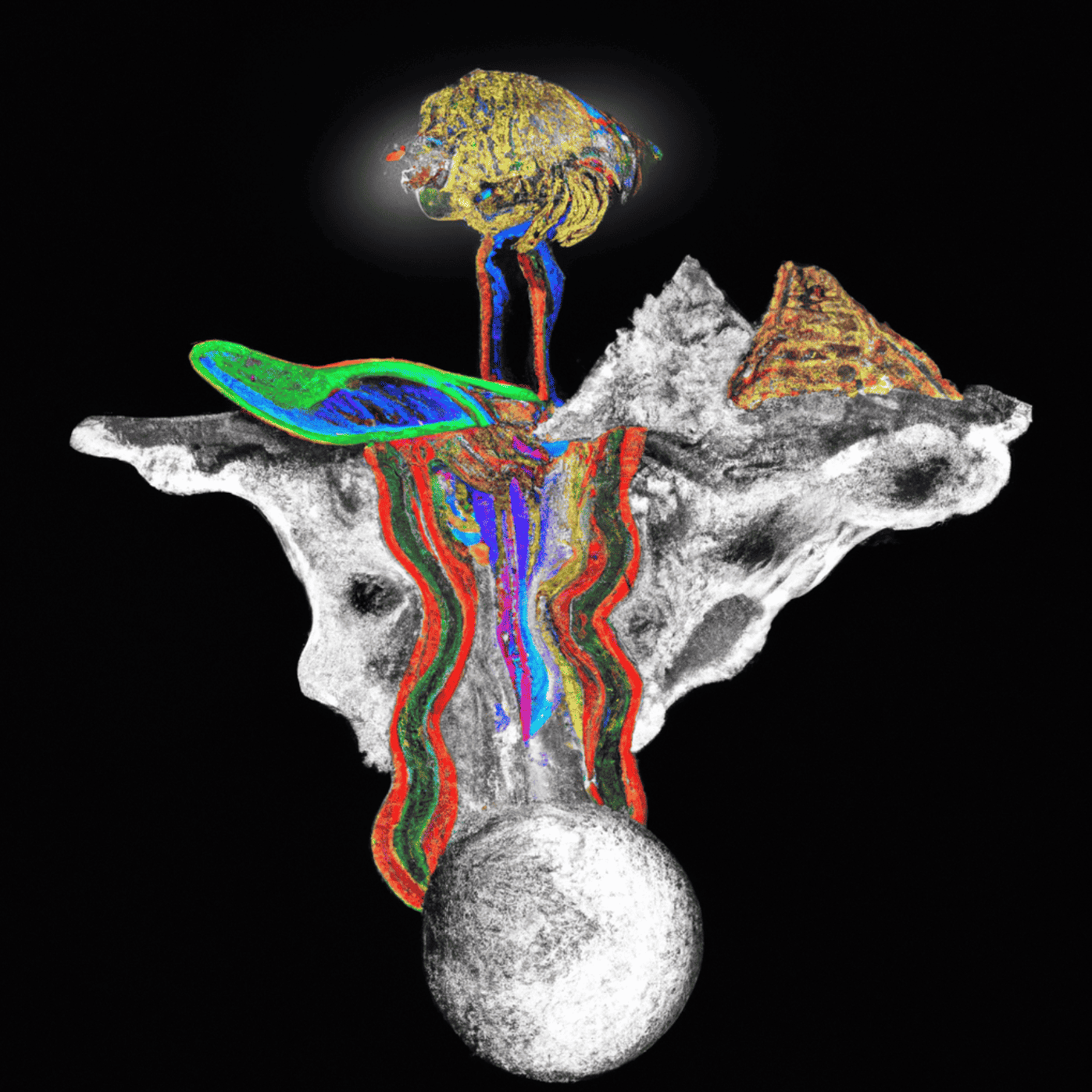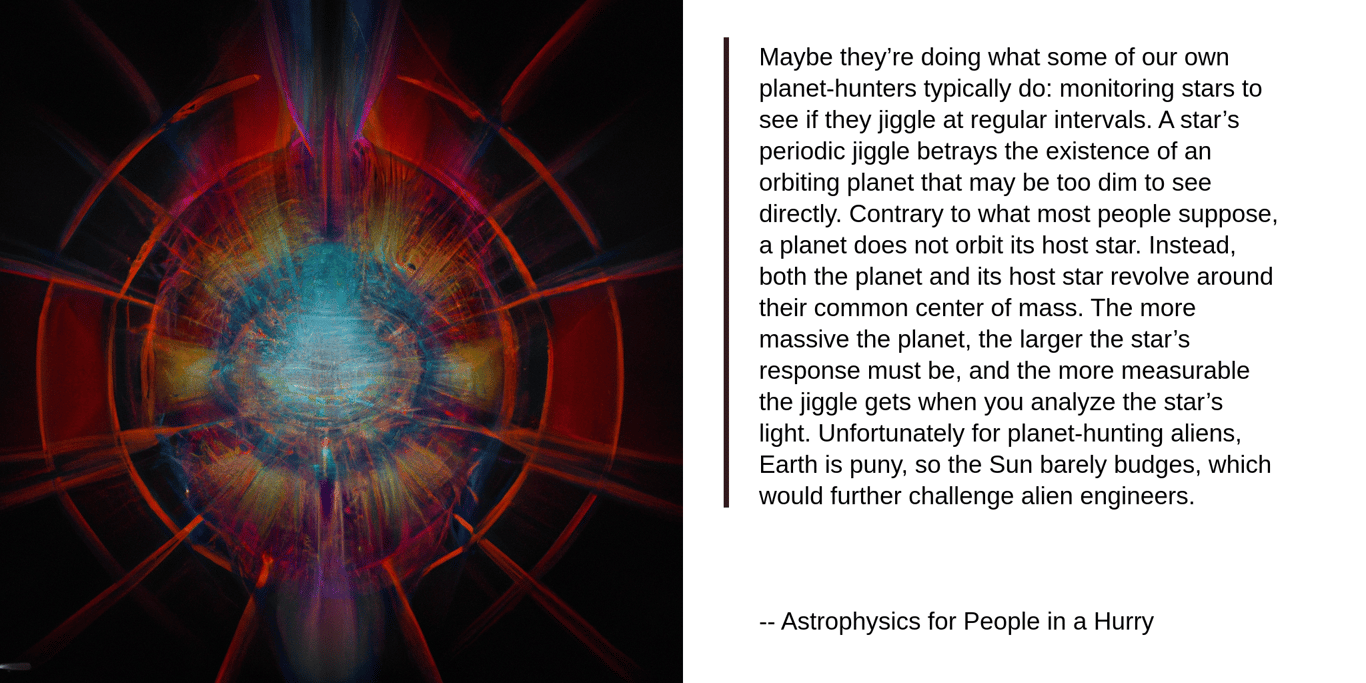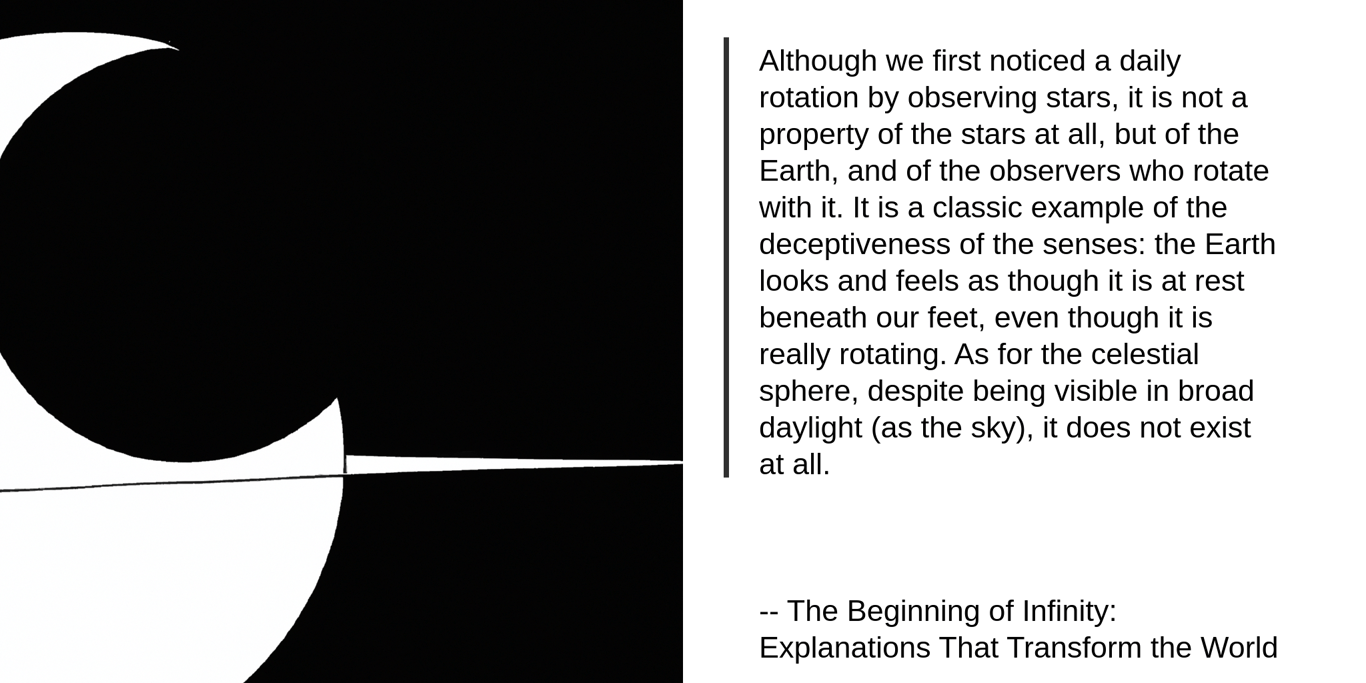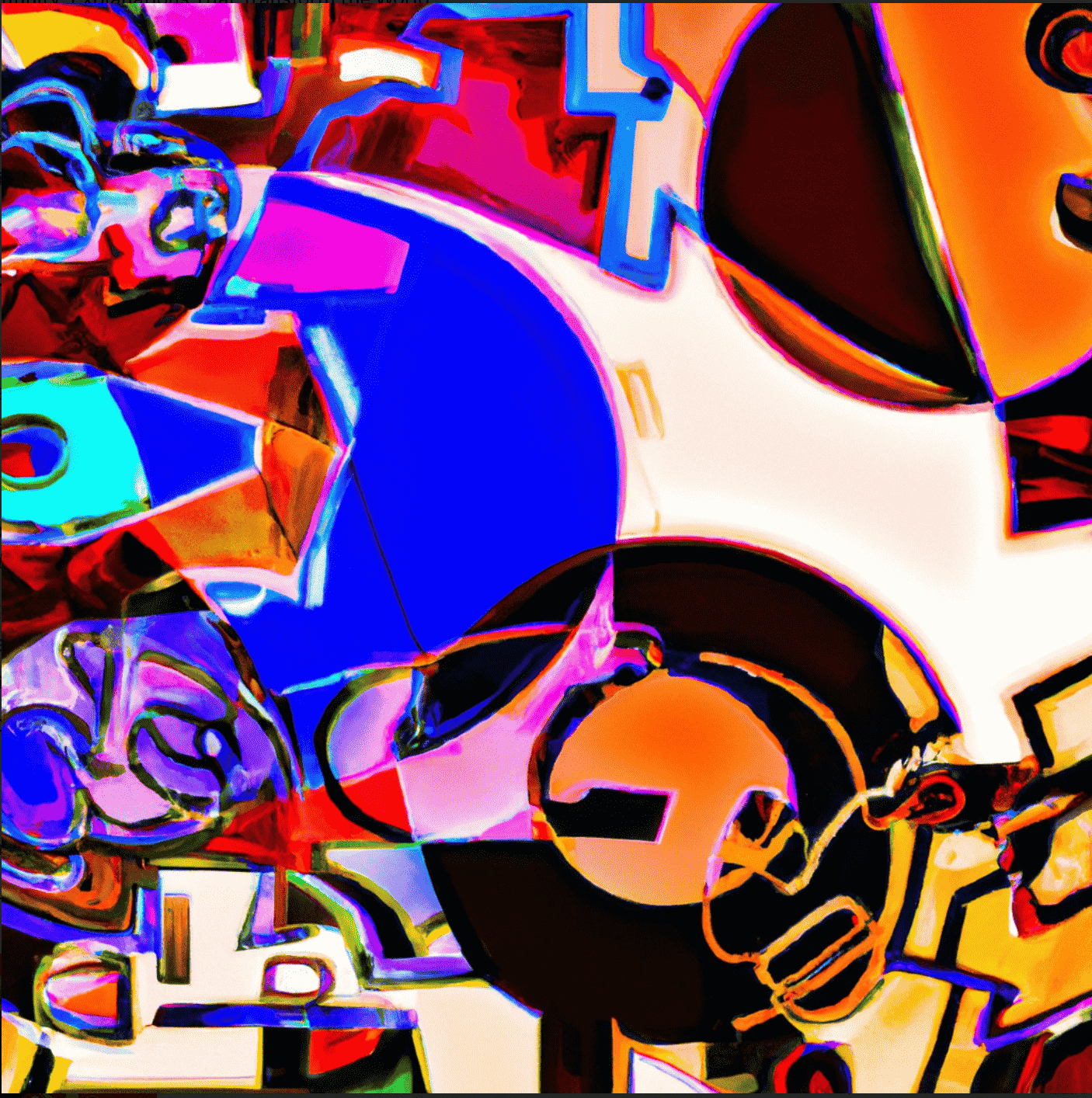Authors at the Water Cooler: The Tricks Our Eyes Play About Space
eyes tell lies about the spheres in the skies

If we had eyes that could see magnetic fields, Jupiter would look five times larger than the full Moon in the sky. Spacecraft that visit Jupiter must be designed to remain unaffected by this powerful force. As the English physicist Michael Faraday demonstrated in the 1800s, if you pass a wire across a magnetic field you generate a voltage difference along the wire’s length. For this reason, fast-moving metal space probes will have electrical currents induced within them. Meanwhile, these currents generate magnetic fields of their own that interact with the ambient magnetic field in ways that retard the space probe’s motion.
-- Astrophysics for People in a Hurry (affiliate link)

Maybe they’re doing what some of our own planet-hunters typically do: monitoring stars to see if they jiggle at regular intervals. A star’s periodic jiggle betrays the existence of an orbiting planet that may be too dim to see directly. Contrary to what most people suppose, a planet does not orbit its host star. Instead, both the planet and its host star revolve around their common center of mass. The more massive the planet, the larger the star’s response must be, and the more measurable the jiggle gets when you analyze the star’s light. Unfortunately for planet-hunting aliens, Earth is puny, so the Sun barely budges, which would further challenge alien engineers.
-- Astrophysics for People in a Hurry (affiliate link)

Although we first noticed a daily rotation by observing stars, it is not a property of the stars at all, but of the Earth, and of the observers who rotate with it. It is a classic example of the deceptiveness of the senses: the Earth looks and feels as though it is at rest beneath our feet, even though it is really rotating. As for the celestial sphere, despite being visible in broad daylight (as the sky), it does not exist at all.
-- The Beginning of Infinity: Explanations That Transform the World (affiliate link)

A few days ago I wrote about the limits of empirical thinking, how it is of utmost importance to not be too heavily swayed by what you see being the truth. Using the scientific method, we can leverage our senses and our senseless to understand the truth of the universe.
Authors at the Water Cooler: Empiricism is Bad
i have to see it to believe it






